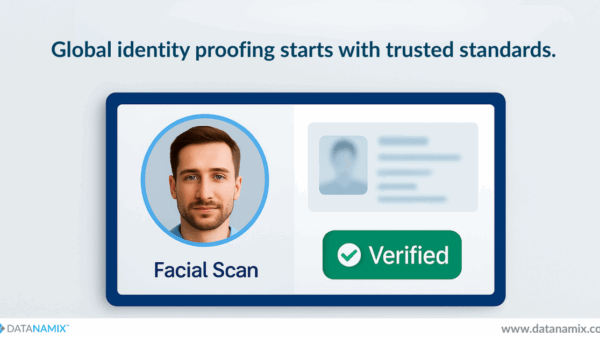Debt Review Regulations for creditors play a pivotal role in safeguarding the interests of both consumers and, of course, the creditors. Debt Review Regulations are not just guidelines but legally binding mandates. They ensure the equitable treatment of indebted consumers while providing creditors with a structured process to recover their funds. Compliance with Debt Review Regulations is crucial to maintain ethical standards and avoid legal repercussions that can arise from non-compliance.
Why debt review regulations are vital for creditors
Debt Review Regulations are designed to protect consumers who are over-indebted and struggling to meet their financial obligations. Under these regulations, consumers can apply for debt review, a process overseen by a registered debt counsellor. The counsellor assesses the consumer’s financial situation. They then negotiate with creditors for reduced payments and restructure the debt into more manageable terms. This process ensures that consumers can continue to meet their obligations without facing the severe consequences of defaulting on their debts.
As a credit provider, it is essential to always stay compliant with Debt Review Regulations. Not only to protect your brand and reputation but also because non-compliance can lead to legal actions, penalties, and reputational damage. More importantly, it can result in the inability to recover debts effectively. Creditors must understand that these regulations are in place to create a balance. Ensuring that consumers are treated fairly while enabling creditors to recover their dues in a structured manner.
One of the key aspects of the Debt Review Regulations is the requirement for creditors to cease any legal action against the consumer once the debt review process has commenced. This is a critical point that often requires careful management by creditors. Additionally, creditors are obliged to participate in the restructuring process. Where they need to provide all necessary information to the debt counsellor and adhere to the restructured payment plans once they are agreed upon. Failure to comply with these requirements can lead to the dismissal of claims, further complicating the recovery of funds.
How Datanamix can assist with debt review regulations:
Given the intricacies involved in the debt review process, many businesses find it challenging to manage compliance effectively. This is where Datanamix can be an invaluable partner. Datanamix offers a suite of solutions designed to assist businesses in adhering seamlessly to debt review regulations. From automated systems that track compliance to expert guidance on legal requirements, Datanamix is with you every step of the way.
One key aspect credit providers miss is that once a consumer has completed their debt rehabilitation, they can no longer discriminate against that historic debt review status. Going forward, the consumer must be viewed in the same way as any other normal person applying for credit. If their credit risk qualifies they cannot then be declined based on their historic Debt Review status.
Compliance with Debt Review Regulations is not just a legal requirement. It is a critical aspect of responsible business practice in South Africa. By adhering to these regulations, creditors protect their interests and contribute to a more sustainable credit environment. With the support of Datanamix, businesses can navigate the complexities of these regulations with confidence. Ensuring compliance and maximising their debt recovery efforts.




























